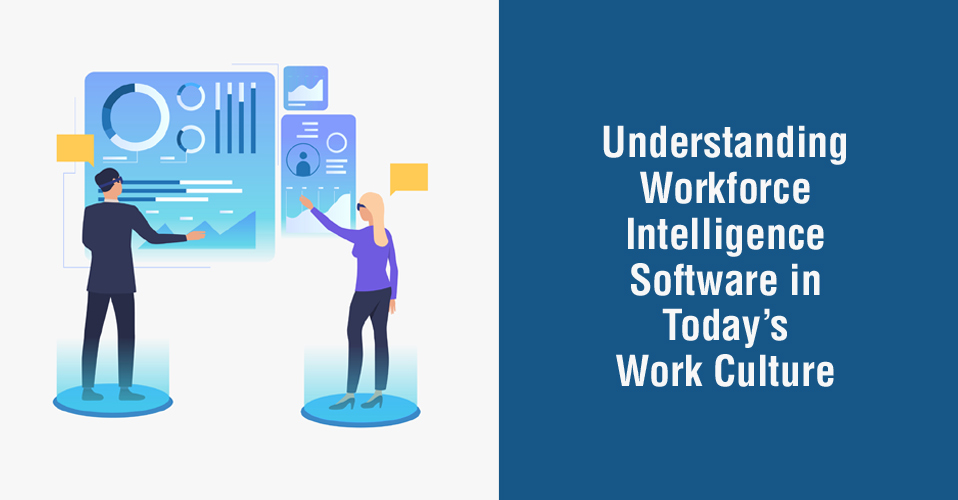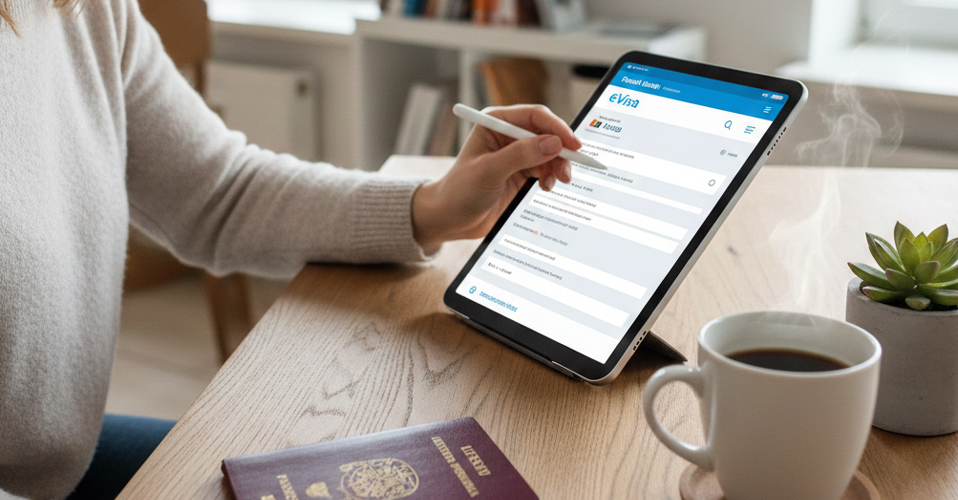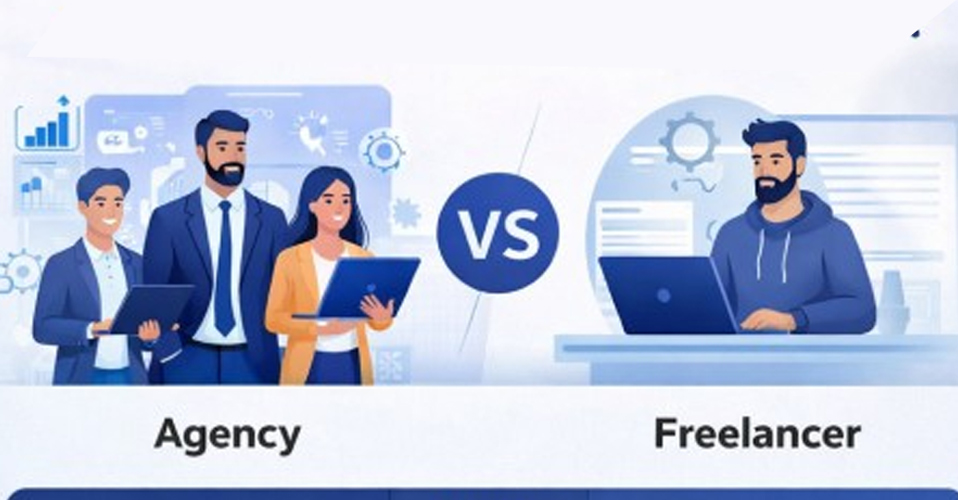Sleep study billing services look after the financial aspects of diagnosing sleep issues. They make sure sleep or polysomnography centers get paid right for tests like sleep apnea checks, restless leg syndrome, and narcolepsy. However, the healthcare setting is constantly evolving.
Hence, sleep study billing specialists must stay up-to-date on upcoming changes in regulations and payer policies. It helps sleep labs and billing teams keep up and ensure the right billing practices.
Growing Demand for Sleep Disorder Diagnosis
More residents in the U.S. are facing sleep problems like apnea or insomnia. The NIH reported about 50 to 70 million Americans had sleep troubles. Moreover, 1 in 3 adults can’t sleep uninterruptedly and that affects their overall health condition. It is clear from this stat that more people in the US need sleep tests.
This boom pushes sleep centers to handle more billing, fast and right. Smooth billing keeps cash coming in without hiccups. As patient numbers climb, billing services have to grow too. They need ways to keep errors low and speed high. This trend shows why better billing systems are a must for keeping up with demand.
Shift toward Cloud-Based Billing Platforms
Cloud tech is changing how sleep study billing gets done. A lot of providers now use online systems to track claims and payments. These tools let workers see data at any time, from any place. It significantly benefits the administrative staff of busy sleep study labs by streamlining the entire billing process.
Moreover, cloud setups are generally compliant with government rules and regulations. So, audits are simpler. For sleep centers, cloud-based services significantly reduced operational workloads. It cuts the stress of internal staff and lets them focus on patients. Experts say this move to clouds is sticking around. It saves money and makes things run better.
Increased Role of Artificial Intelligence (AI)
AI is stepping up in sleep study billing services on a large scale. These smart tools help send accurate claims faster to eradicate denials and delayed reimbursements. They also cut down on denials by catching mistakes ahead of time. For instance, if a claim was rejected before—AI can detect the reason and fix it next time.
Furthermore, AI usually has an integrated predictive model in machine learning. It is used to make predictions about future outcomes based on historical data. It guesses revenue and flags billing errors before they hit. For sleep labs, that means fewer headaches and steadier cash flow.
Home Sleep Testing Integration
Home sleep studies are experiencing high demand in the US, nowadays. More patients now use medical devices at home to track sleep, skipping the lab. That changes how billing works for polysomnography. Moreover, CMS introduced new codes and payment rules for home-based or in-lab sleep tests. For instance, the Clinical Laboratory Fee Schedule (CLFS) for 2025 includes updated fees for various laboratory tests. It significantly impacts reimbursement for sleep studies.
Furthermore, in 2024, CMS tweaked policies to cover more home tests. However, sleep physicians have to log everything tight. Billing teams need to keep up with these shifts to get claims approved. While it’s a challenge, it also enables patients to get easier access. In fact, sleep labs can work smarter if billing stays sharp on the rules.
Tighter Insurance Regulations and Payer Policies
Insurance companies are getting stricter on sleep study billing. New rules ask for pre-approvals and more paperwork before they’ll pay. Big payers, like Medicare Advantage plans, want extra proof now to validate the medical necessity of polysomnography tests. Consequently, sleep physicians are facing more prior authorization (PA) denials than earlier.
Hence, to reduce PA denials and ensure accuracy on payer policies billing services have to zero in on following the rules. Sleep physicians need to ensure accurate coding practice and keep records solid. For sleep labs, teaming with billing pros who know the game is key. It stops delays and fines from piling up.
Outsourcing Trends in Sleep Study Billing Services
Sleep centers are leaning on outside billing experts more and more. Outsourcing is significantly effective because it slashes overhead and cuts mistakes. Specialized sleep study billing services handle claims, chase payments, and solve problems. Absent administrative burden, staff can focus on care.
The third-party billing specialists also speed up cash flow by fixing issues quickly. Sleep labs can notably profit from outsourcing. It’s cheaper than buying fancy software or training people. Moreover, outsourcing offers top-notch expertise to eradicate billing hassles. This trend proves that partnering with the right folks can make operations smoother and boost profits for all.
The Bottom Line
Sleep study billing is on the move, with big trends leading the way. Billing teams need to ensure 100% accuracy to secure faster reimbursements. They also have to stay sharp on HIPAA updates to dodge fines. For sleep labs, picking billing partners who take safety seriously is critical. A secure setup builds trust with patients and payers.
Moreover, outsourced sleep study billing services bring efficiency, cut costs, and relieve internal staff from administrative burdens. Hence, by outsourcing, sleep labs can build a brighter future together, step by step.
Read more: Powerful Steps to Boost Revenue in Home Health Billing Services

















Add Comment